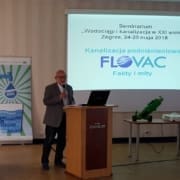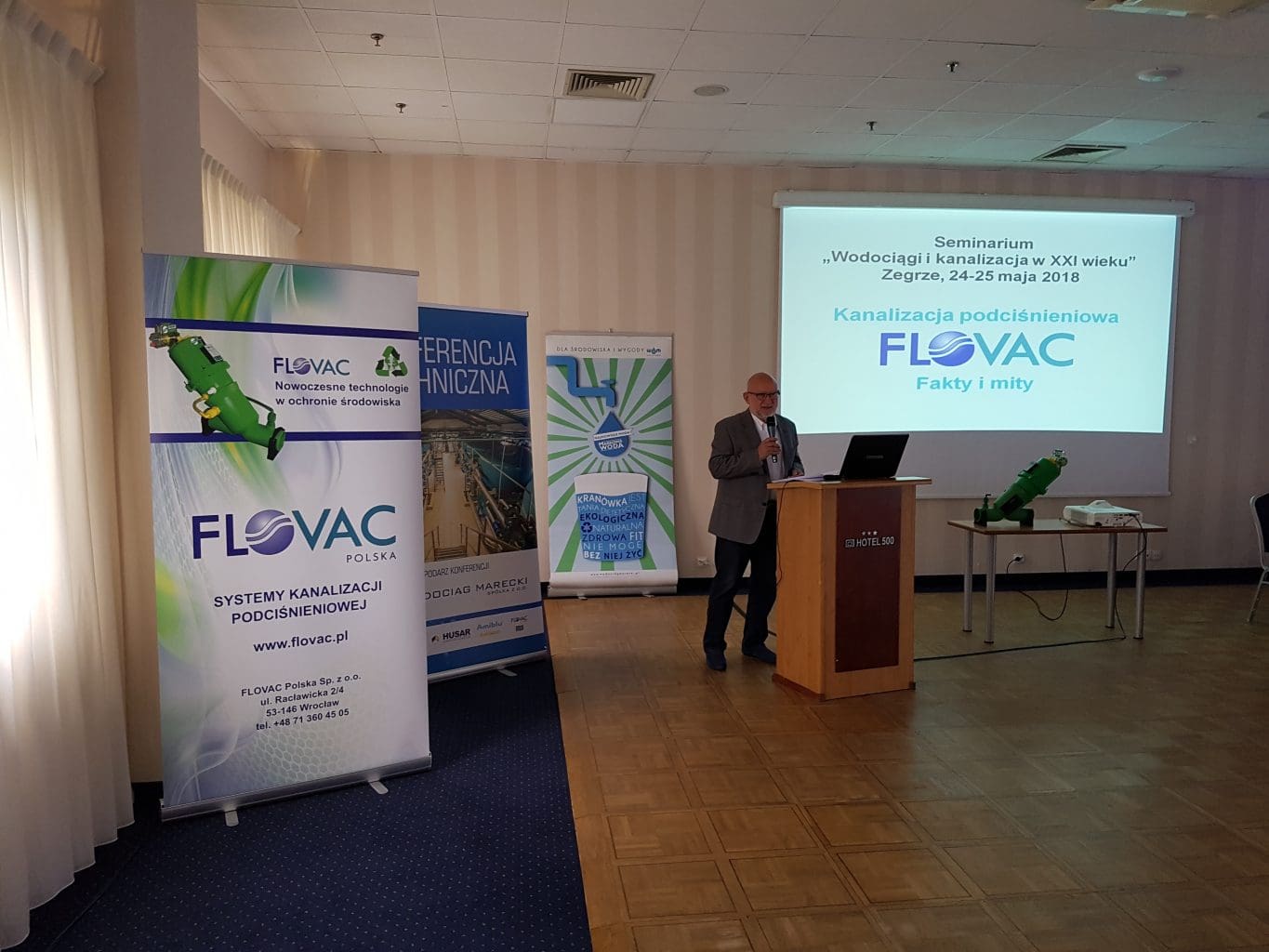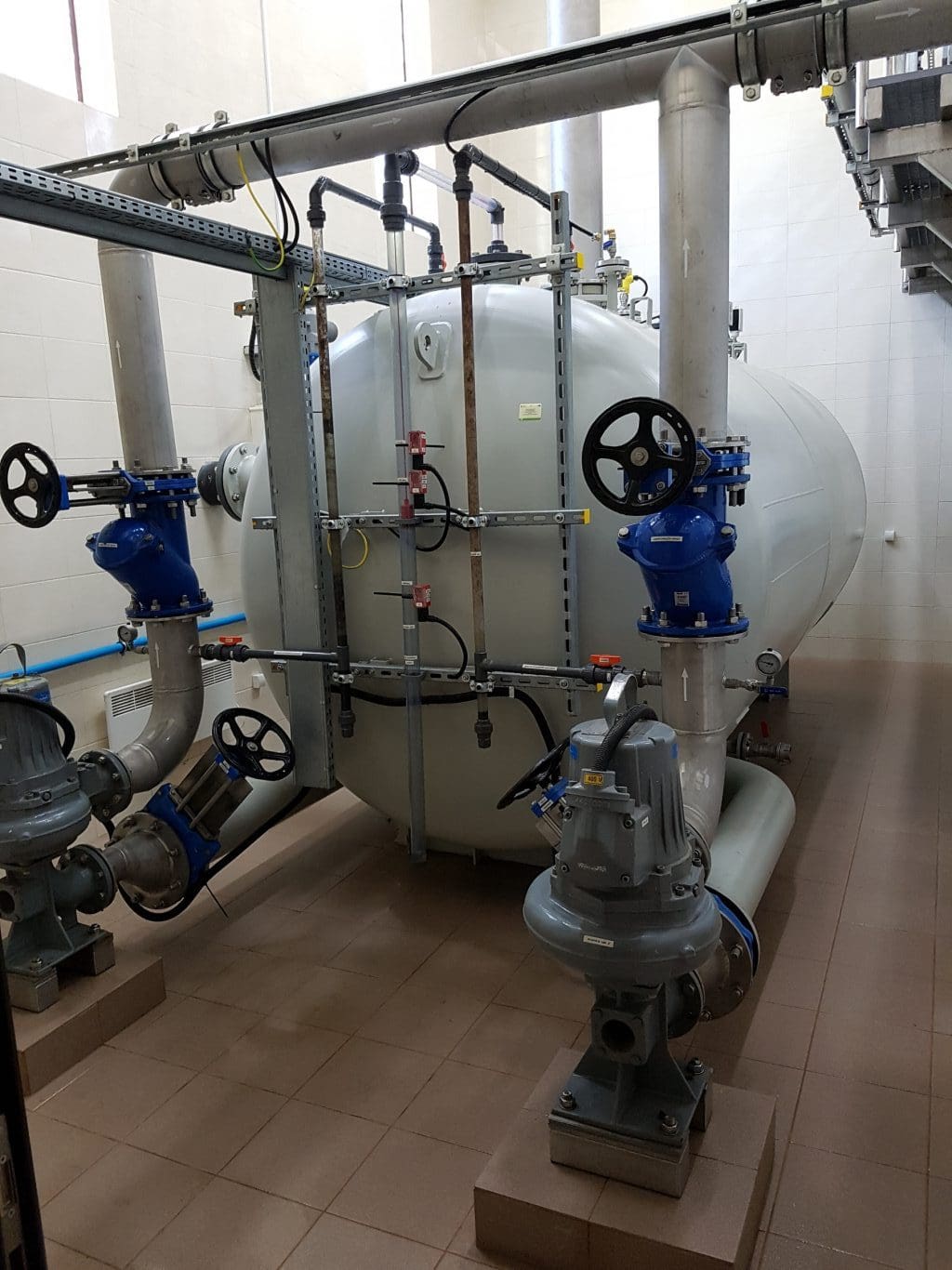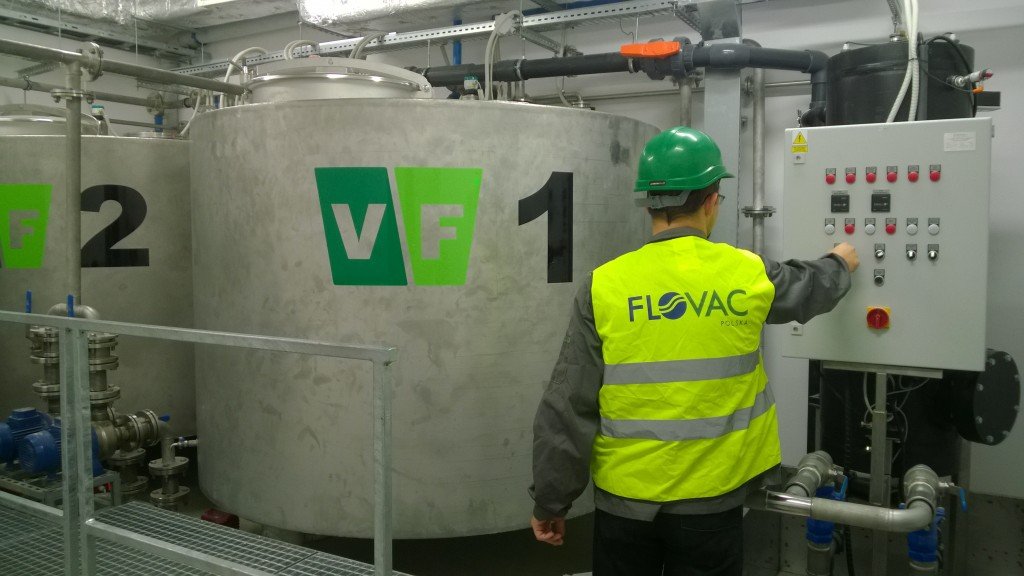Protection of Polish Regions Water Source
The Polish city of Imielin is located in southern Poland beside the Dziećkowice Reservoir, a beautiful man-made lake used by locals and tourists for a broad range of recreational activities, including sailing competitions, fishing, swimming and sunbathing on sandy beaches.
Dziećkowice Reservoir also supplies drinking water to Imielin and communities across the Silesia region. It is therefore vital that Imielin was served by an effective and reliable sewerage system offering the highest level of environmental protection.
The city also sits in a region that has been subject to extensive coal mining over many years, causing damage to the terrain, including subsidence. Between 2006-2019, Imielin implemented a comprehensive vacuum sewage system as part of a multi-phase construction process. A total of 60 km of vacuum lines were built and more than 1,000 vacuum valves installed. Flovac Polska was an integral partner in the project, supplying vacuum valves, vacuum station equipment and a propriety cable monitoring system.
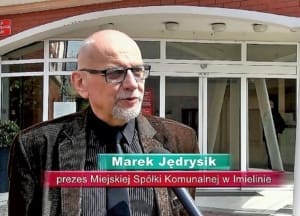
“Operating any sewage system involves challenges, but the task is easier when you are working with a reliable partner like Flovac Polska sp. z.o.o. We know we can always count on the company’s help in terms of design, implementation and operation”.
Marek Jędrysik, President/CEO Miejska Spółka Komunalna
Why Flovac’s solution was chosen
Imielin is characterised by flat and mining-damaged terrain, as well as difficult ground-water conditions. Given these challenges, the city recognised that Flovac’s vacuum sewerage system offered a cost-effective solution, in part because it requires shallow trenches, which cuts construction costs and enables faster deployment.
Environmental protection was also a key factor because vacuum systems operate with negative pressure, ensuring no sewage can leak out (even in the event of a rupture). In addition, this means there are no overflows and rainfall cannot infiltrate
Finally, Flovac’s solution offered reliability and stability (with an inlet system designed to ensure air is always automatically entering the system), as well as easy monitoring and maintenance.
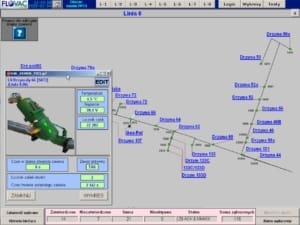
The monitoring of the vacuum system via a cable system (FMS) offers the client stable power and is a great alarm system for activations, pressure and potential failures. Flovac Polska has been a leading developer in this type of monitoring and can save the client money through ease of operations and reduces risks to the community via fast alerts to the operators.
The results
Flovac’s technology has delivered outstanding reliability to the city and unrivalled protection to the Dziećkowice Reservoir. As a result, Imielin City Council remained fully committed to an investment and implementation process that continued over a 15-year period until completion in 2019.
Smaller scale expansions of the vacuum sewerage system will continue as the Imielin are continues to expand.
For a reprint of this article you can download it here
Flovac’s vacuum sewerage system is not only suited to environmentally sensitive regions or challenging terrains. It offers tangible benefits to all manner of new and existing residential developments. For more information, please contact your local office.




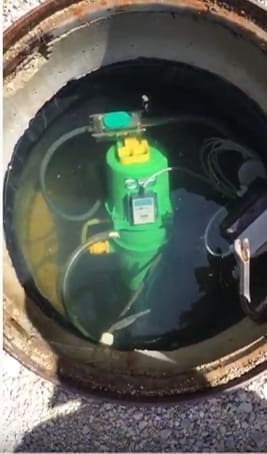 The small town with about 150 houses is located approximately 60 km south east of Łódź. Some of the houses are located alongside the river and above the road sloping down towards the river. Between the river and the main road, where most of the houses are located, flooding has become a regular occurrence. It has become a health issue with septic tanks overflowing when the flooding occurs.
The small town with about 150 houses is located approximately 60 km south east of Łódź. Some of the houses are located alongside the river and above the road sloping down towards the river. Between the river and the main road, where most of the houses are located, flooding has become a regular occurrence. It has become a health issue with septic tanks overflowing when the flooding occurs.
